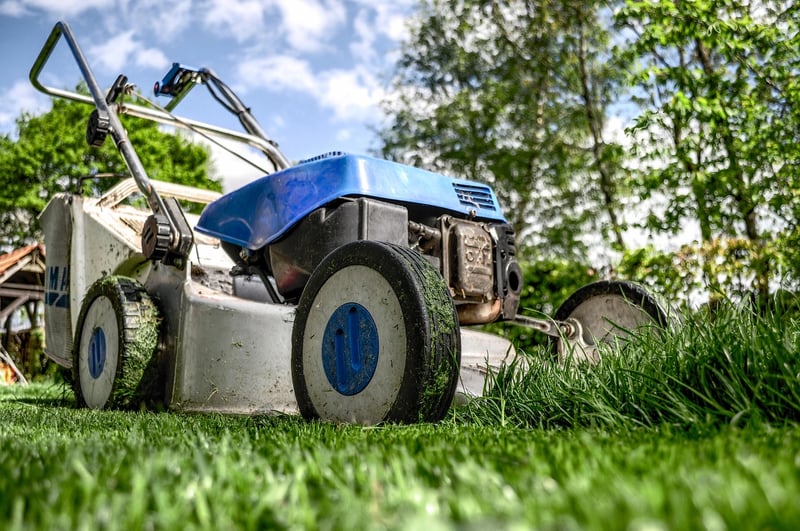Fertilizing Guide
Maintaining Plant Health and Fertilizing Guide
Introduction
Plants, like any other living thing, require proper care and nourishment to thrive. In this guide, we will explore the essentials of maintaining plant health and the importance of fertilizing for robust growth.
1. Watering
Water is crucial for plant health as it helps transport nutrients and maintain turgidity. Different plants have varying water requirements, so it's essential to understand the needs of each species. Overwatering can lead to root rot, while underwatering can cause wilting and stunted growth.
2. Sunlight
Sunlight is a primary source of energy for plants through the process of photosynthesis. Ensure your plants receive adequate sunlight based on their sunlight requirements. Insufficient light can result in leggy growth, yellowing leaves, and poor flowering.
3. Soil Quality
Good soil is the foundation of healthy plants. Ensure your plants are potted in well-draining soil rich in nutrients. Regularly check the soil pH to ensure it is suitable for the plants you are growing.
4. Fertilizing
Fertilizing is essential for providing plants with additional nutrients they may not get from the soil. There are various types of fertilizers available, including organic and synthetic options. It's essential to follow the instructions on the fertilizer package to avoid over-fertilizing, which can harm plants.
Types of Fertilizers
- Organic Fertilizers: Derived from natural sources like compost, manure, or bone meal.
- Synthetic Fertilizers: Manufactured chemical fertilizers that provide specific nutrients to plants.
When to Fertilize
Plants should be fertilized during their active growing season, typically in spring and summer. Avoid fertilizing in winter when plants are dormant.
Application Tips
- Follow the recommended dosage on the fertilizer package.
- Water plants after fertilizing to help nutrients penetrate the soil.
- Avoid fertilizing dry soil to prevent root burn.
Conclusion
By following proper watering practices, ensuring adequate sunlight, maintaining good soil quality, and fertilizing appropriately, you can promote the health and growth of your plants. Remember that each plant species has unique requirements, so it's essential to research and understand the needs of your specific plants.

